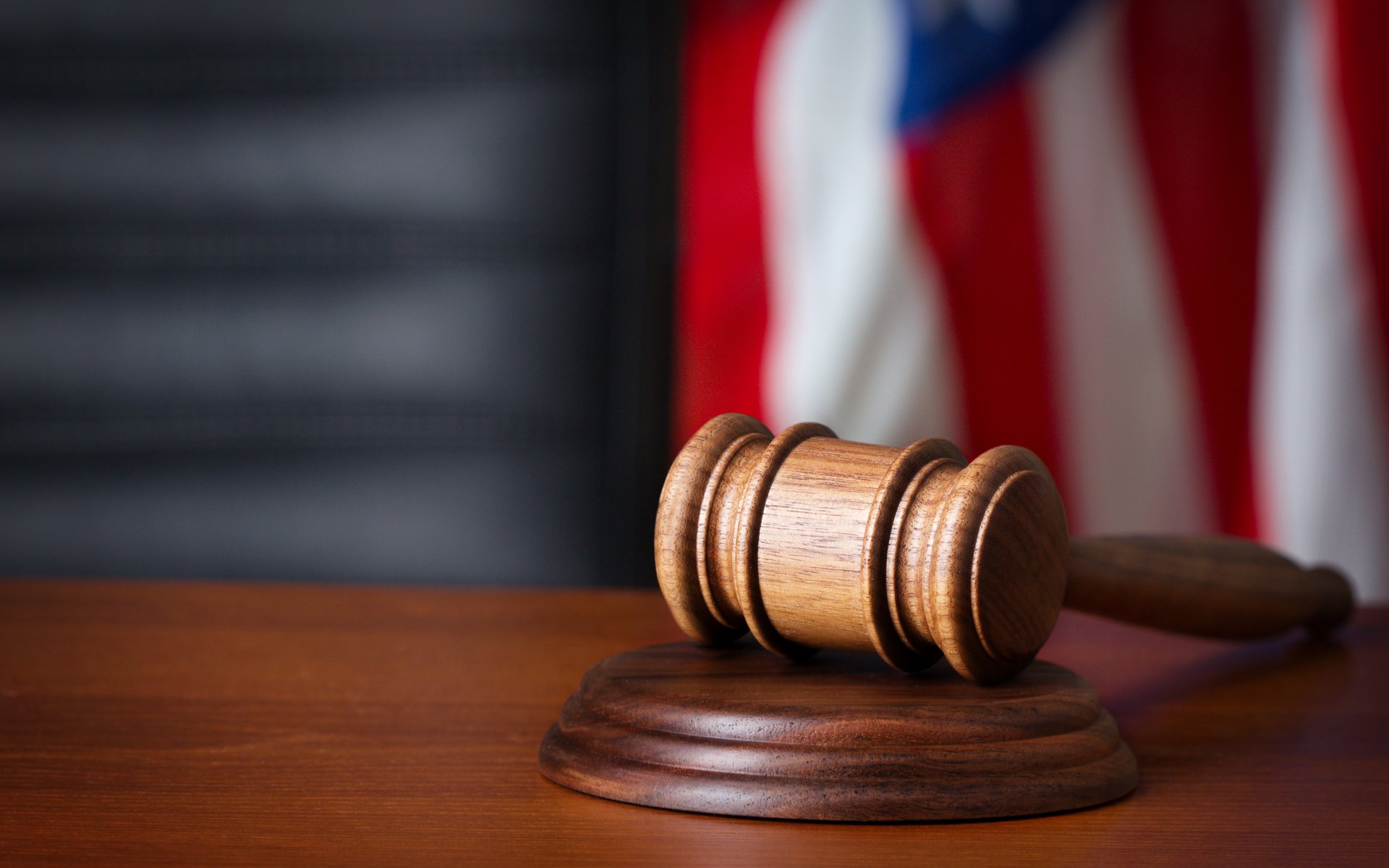
It looks as if there’s more trouble brewing on the horizon for Ripple Labs. In fact, after a district California Court ruling, we may see a large ‘uptick’ in class actions across the whole cryptocurrency space.
Ripple Labs May Be Looking at Multiple Lawsuits
Ever since the SEC started clamping down on ICOs for being illegal securities offerings, most cryptocurrency companies have strenuously defended their tokens as not being securities.
However, as a district court in California just showed in the case against Ripple Labs, not being a security may carry even weightier implications.
If cryptocurrencies such as XRP are not securities, the Court has ruled that state and federal laws against unfair, deceptive, or abusive acts or practices (UDAAPs) may apply. This includes California’s Unfair Competition Law.
There is, apparently, no escaping the long arm of the law when it comes to cryptocurrencies in the United States. Now it seems that not being a security could be far worse–opening companies like Ripple Labs and many others up to tougher laws that (ironically) don’t apply to securities.
Between a Rock and a Hard Place
Tokens being classed as securities have, so far, mainly resulted in out-of-court settlement fines with some exceptions, notably the SEC vs Telegram case that remains ongoing. However, if UDAAP laws apply instead, the situation becomes a lot more expensive for contravening companies.
We’re not just talking about the SEC filing a suit here. Any individual could take out a case against a company for unfair or deceptive practices. They may also act on behalf of the entirety of a company’s customers, having devastating effects on a business. According to Law360:
The court’s ruling in the Ripple matter is a significant one. If, as many maintain, cryptocurrencies are not securities, then they will likely be subject to UDAAP laws. And, as discussed above, putative class actions based on alleged UCL violations are among the most common and expensive types of lawsuits.
With the Ripple Labs ruling, there may be a significant uptick in putative class actions targeting the cryptocurrency industry, especially those based in California, which may be burdensome and costly to defend.
These types of lawsuits can cover just about anything from fine print on marketing materials to hidden fees charged by financial institutions:
essentially anything that someone could conceivably conceptualize as unfair.
With so many ICOs that could easily be classed as “unfair” or “misleading,” the California court’s decision may send tremors through an already shaking industry. For those who thought they’d dodged the securities bullet, the alternative may be far worse.
What do you make of the new California court ruling? Add your thoughts below!
Images via Shutterstock


















